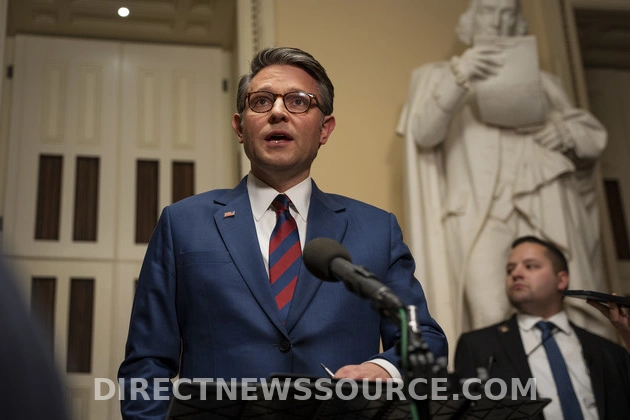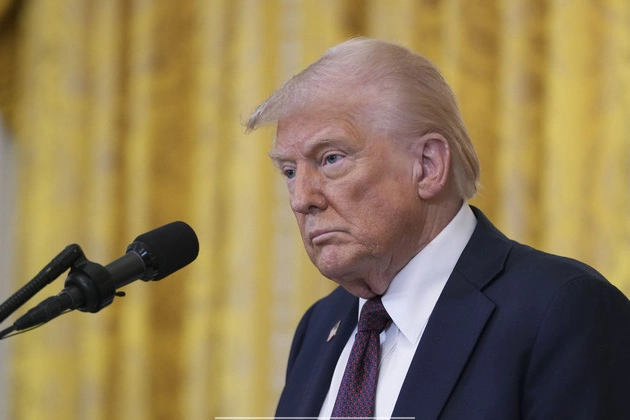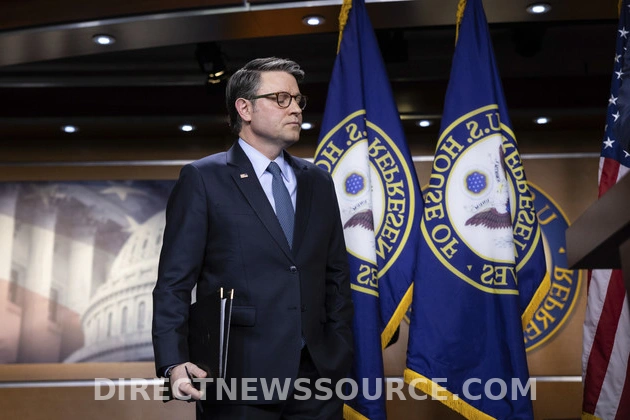
President-elect Donald Trump and House Speaker Mike Johnson are currently facing a critical decision regarding a potential government shutdown in the near future. Despite the failure of the recent continuing resolution and debt ceiling package, both leaders are in search of a viable solution to fund the government before the looming deadline.
Considering the Options
While conventional wisdom suggests that shutdowns are generally unpopular and politically detrimental, Trump and Johnson are deliberating on whether allowing a shutdown might be the best course of action. Both teams spent considerable time analyzing the potential benefits and drawbacks of such a scenario.
Johnson’s team is exploring various strategies to avert a shutdown, including the possibility of passing a temporary funding bill to extend the deadline. This shift in approach is notable, especially considering Johnson’s previous efforts to prevent a shutdown by presenting Trump with compelling data on the political repercussions.
Changing Dynamics
Unlike previous situations, the current timing and political landscape offer a different perspective on the potential fallout from a shutdown. With the next election cycle further away, lawmakers may have more time to recover from any negative impacts. Additionally, some Republicans believe that they have a mandate to govern effectively, which could influence their resilience in the face of a shutdown.
Furthermore, there are growing concerns within Trump’s circle about the looming debt ceiling crisis and the need for immediate action. The fear of Democrats exploiting this situation to extract unfavorable concessions from the GOP is a driving force behind the consideration of a shutdown as a preemptive measure.
Future Implications
The debate around a potential shutdown also touches on the aftermath of previous instances, where the demanding party often faced political backlash without achieving their objectives. Trump’s past experience during the 2018-2019 shutdown serves as a cautionary tale of the risks involved in such political standoffs.
Despite attempts to shift blame or project a shutdown as a strategic move, the reality remains that the public perception of a shutdown is seldom favorable for the initiating party. The potential repercussions on government employees, military personnel, and the broader economy could have lasting effects on public opinion and political support.
Policy and Political Challenges
From a policy standpoint, a shutdown could derail Trump’s ambitious legislative agenda and shift the focus to contentious issues like the debt ceiling. This diversion of attention could hinder the administration’s ability to deliver on key promises and priorities, potentially impacting public trust and support.
Ultimately, the decision to pursue or avoid a shutdown carries significant implications for both the short-term political landscape and the long-term policy agenda. As Trump and Johnson navigate this complex decision-making process, the stakes remain high, with the potential for far-reaching consequences.












